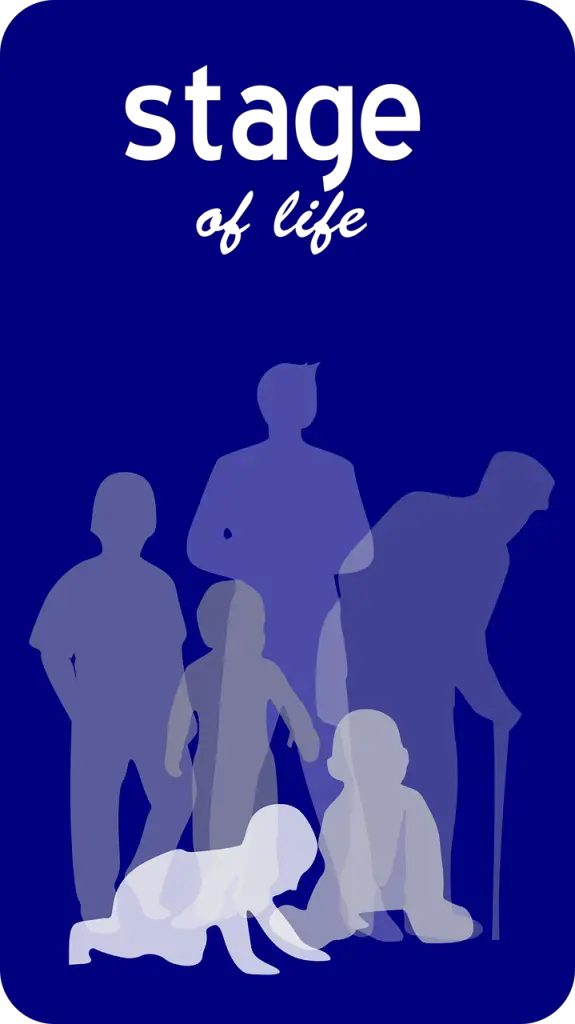
Aging is Exponential, Not Linear
Aging is a complex phenomenon. Because we get a year older each year we tend to think that we age biologically one year at a time. We think biological aging is linear, but it is not. It is exponential.
We don’t perceive much of change in our health and how we feel when we go from age 25 to 26, but talk to someone who has gone from 69 to 70 and they might tell that they have aged a lot during that past year. We age more quickly the older we get up to a certain point.
Our Different Biologic Ages
Our organ-systems do not necessarily all age at the same rate, either. You can have the bone strength of 60 year old, the brain power of 55 year-old, but if you have the heart function of an 80 year-old due to a heart attack, you will find your quality of life closer to that of an 80 year-old rather than a 60 year-old.
In addition to our chronologic age we have several biological ages. These include:
- Cardiovascular age
- Brain age
- Musculoskeletal age
- Hormonal age
- Telomere length age
- Mitochondrial age
- Stem cell age
- Immune system age
These are just a few examples of varying biological ages. There are several more. In fact, each Hallmark of Aging can be viewed as its own biological age. We wrote about the 12 Hallmarks of Aging here. These hallmarks are biochemical processes at the cellular level that determine how well or poorly we age.
By the way, we are now up to 16 Hallmarks of Aging with additional four hallmarks being:
- Altered Mechanical Properties of cells
- mRNA Splicing Dysregulation
- Cell Size
- Disrupted Nucleocytoplasmic Compartmentalization (NCC).
Just like a chain is as strong as its weakest link, to a large degree you are as young as your oldest biological age.
Three Periods of Exponential Aging
There are actually three periods in our lifespans where we age in an accelerated or exponential fashion.
Researchers at Stanford studied 4,263 individuals ranging from young adults to nonagenarians (18 to 95 years olds) and discovered non-linear alterations in the human plasma proteome. They found that there are wave or phases of changes in the plasma proteome culminating in the 4th, 7th, and 8th decades of life.
- First, youth ends at age 26.
- The first wave of accelerated aging discovered in the Stanford study spans from the late 20s to age 34 (4th decade of life)
- The second wave occurs from late 50s to age 60. (7th decade of life)
- The third, and most significant phase where we age exponentially, occurs from age 63 to age 78. (8th decade of life).
Many people in that 63 to 78 year-old range will tell you that they seem to be aging faster and faster each year and that is because they are. One day their balance is decent, the next day they are falling down. One day they can walk up a flight of stairs without being winded. The next day they have to stop halfway up the stairs to catch their breath.
We also age temporarily faster during times of acute illness like COVID or the seasonal flu. Usually we have enough functional reserve and resiliency to minimize the aging of acute illness especially when we are younger. But one acute illness stacked on top of another will eventually take its toll on our reserve and resiliency and we will age faster.
We also age faster due to chronic disease. The more chronic disease we have the faster we age. The accumulation of chronic disease probably explains the accelerated aging seen in the 63 to 78 year-old range. Chances are pretty good that if you live past 80 you probably have not suffered from as much chronic disease as your peers who died before age 80.
How to Minimize Exponential Aging
So now that you know that we age in an exponential fashion, what can you do to prevent or minimize it? This gets to the heart of rapidly growing field of Longevity Medicine (some use the terms Anti-Aging Medicine or Age Management Medicine). The goal of Longevity Medicine is to live young for a lifetime.
Many of the steps you should take to minimize exponential aging are common sense and fall under the category of lifestyle. Get plenty of rest, manage stress, have a healthy eating plan, and getting various forms of exercise. Those foundational practices will work across all 16 Hallmarks of Aging, but they are not enough if your goal is to live young for a lifetime – the goal of longevity medicine.
We now have the ability, however, to go beyond the basics of health to slow aging. We can target specifically some of these hallmarks with a number of interventions. We have discussed three of these interventions in The Incredible Life Extension Benefits of Rapamycin, Longevity Benefits of Metformin, and Senolytics Remove Senescent or Zombie Cells.
Rapamycin and metformin are FDA approved drugs being studied for their potential longevity benefits.
Medications and nutritional supplements can clear out Zombie or senescent cells ridding the body of these non-functional and sometimes toxic cells.
Restoring hormone levels is another intervention that affects biological aging. We have numerous articles on this website that discuss the benefits of hormone replacement therapy.
TA-65 and TAM 818 are supplements that can restore telomere length. Epitalon, a peptide, also restores telomere length.
Stem cells are being used for a variety of conditions. Stem cells, exosomes, peptides, and other regenerative products are being used with good success to improve musculoskeletal health and function.
We will continue to write on these interventions as more and more of them come to the forefront.
You no longer have to accept exponential aging. You can slow down aging beyond what lifestyle alone will do.
